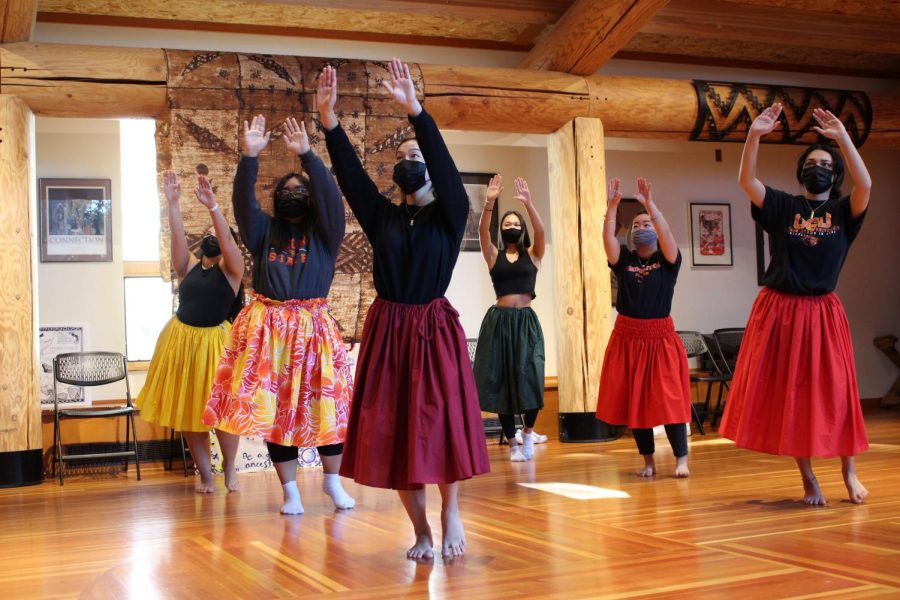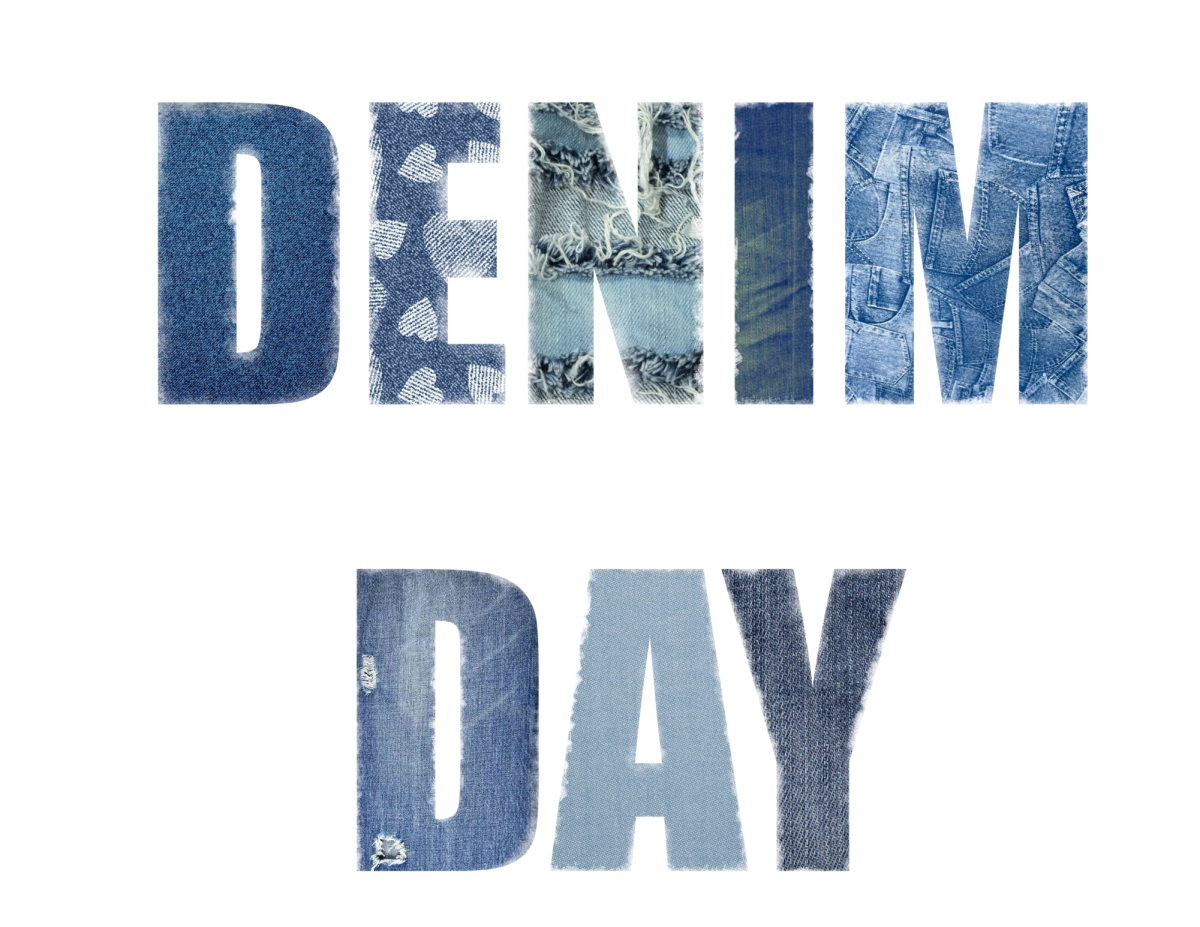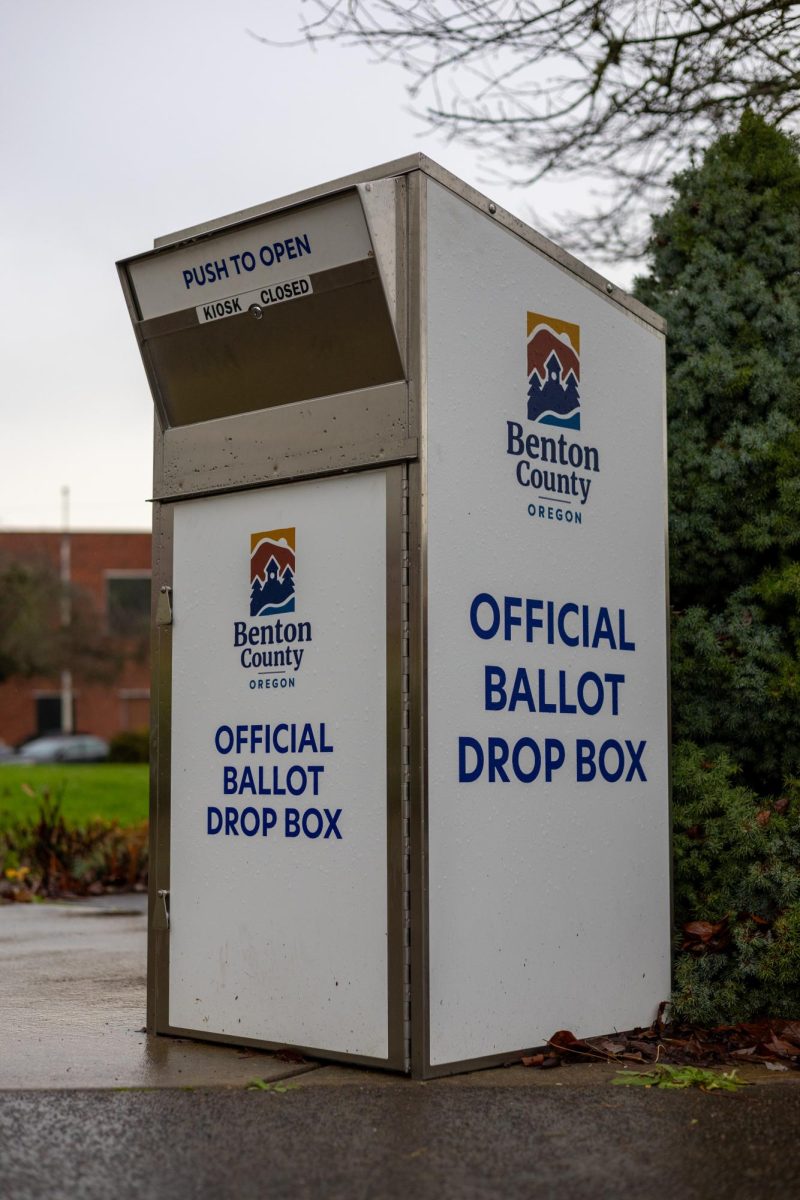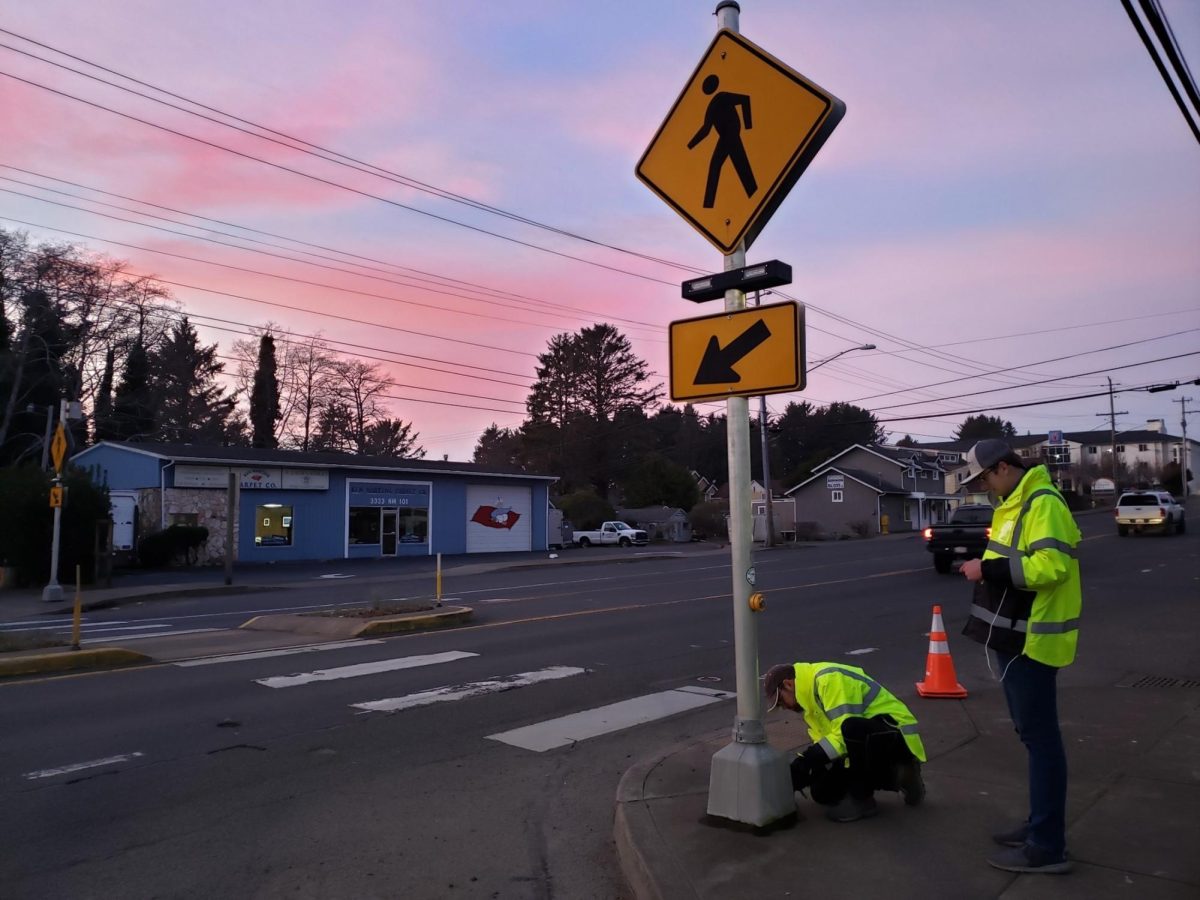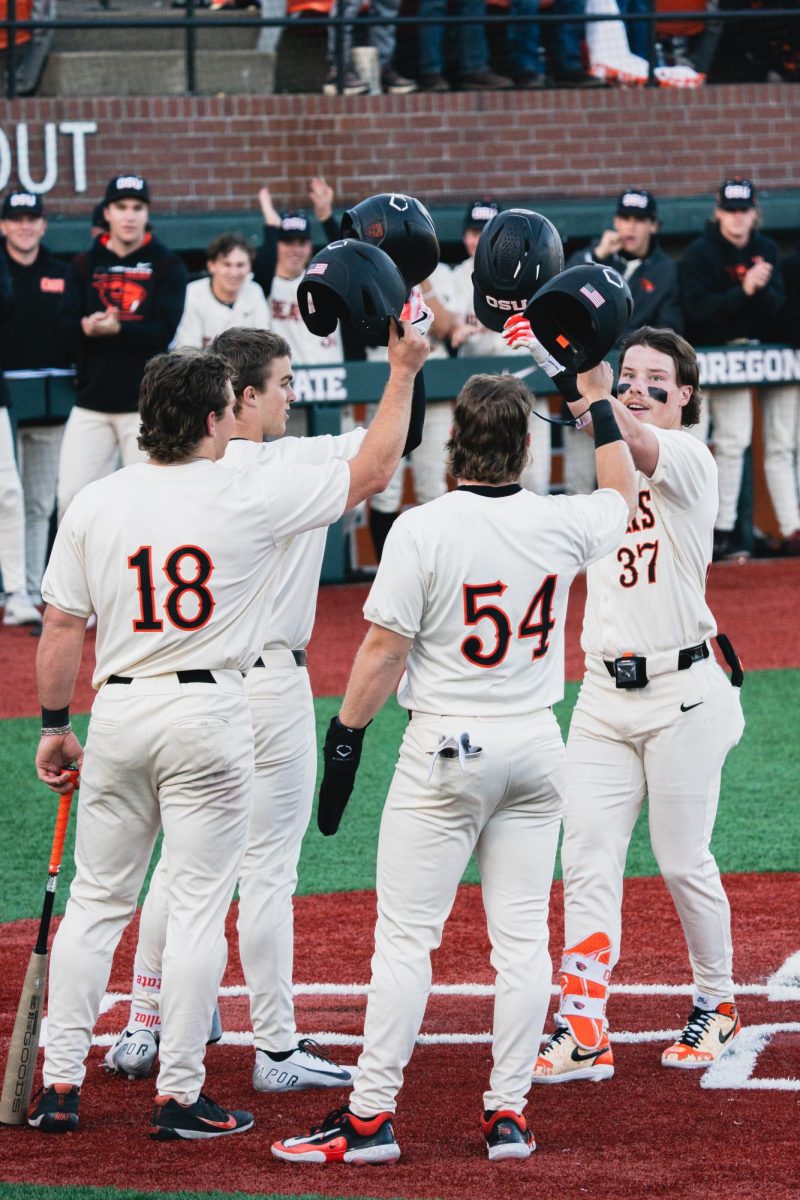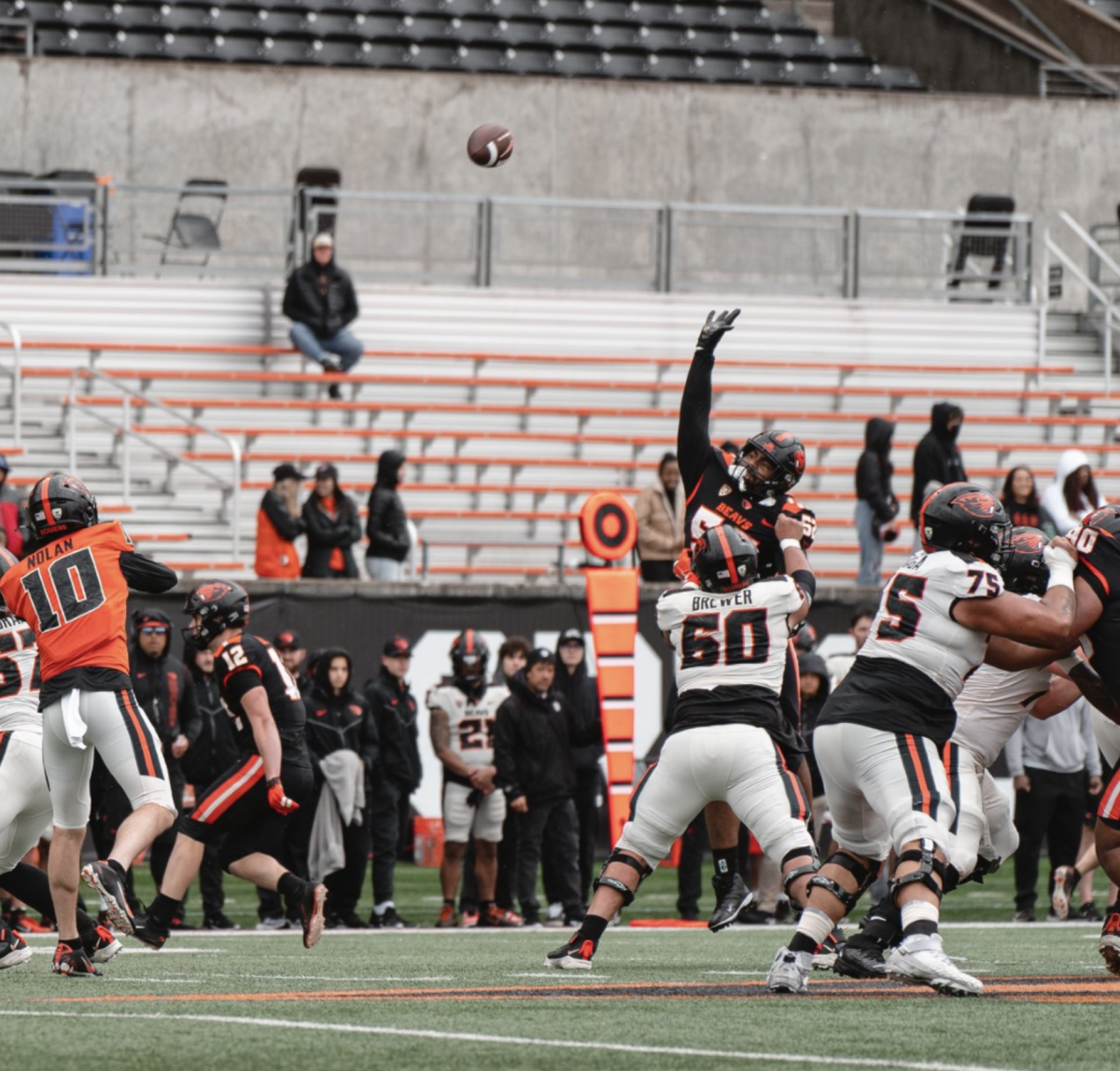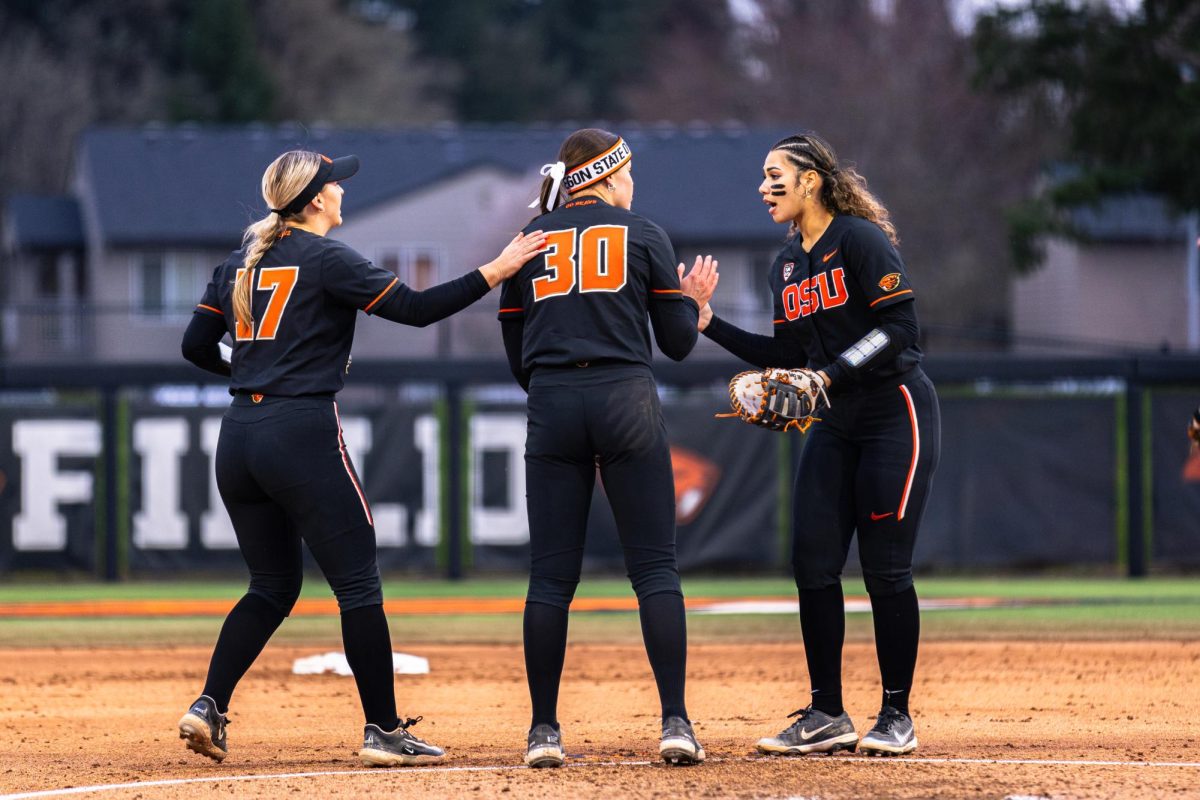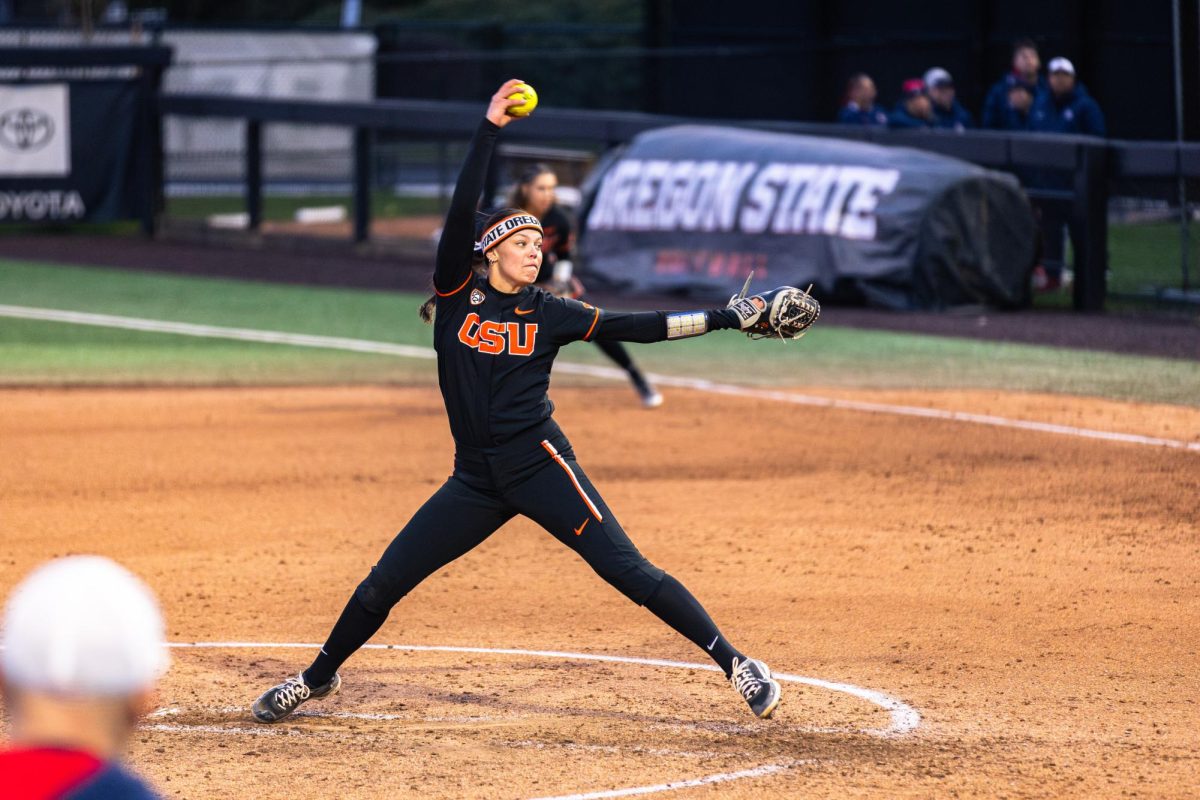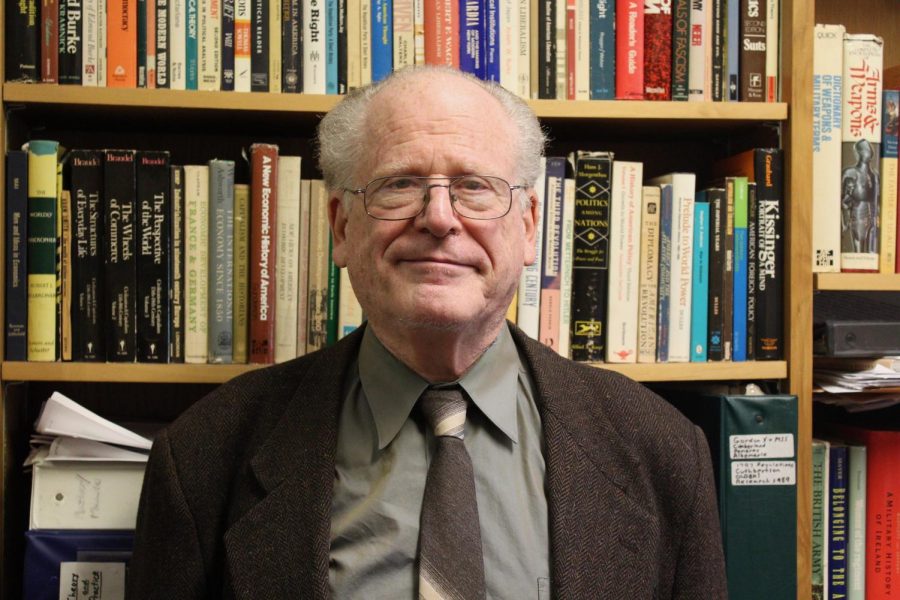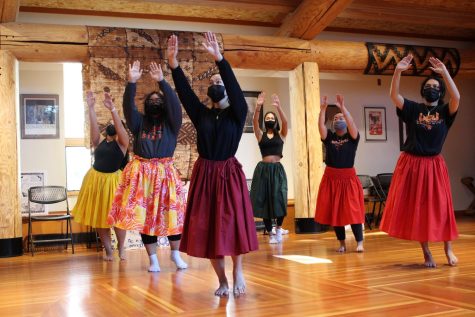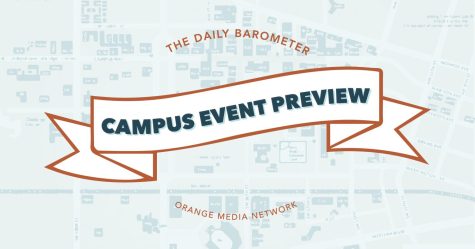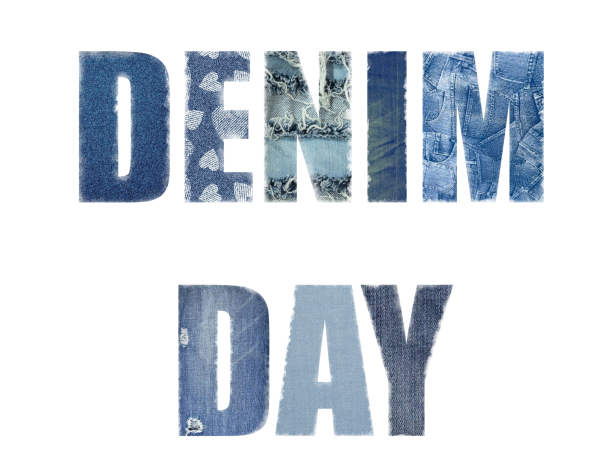Oregon State University hosts Holocaust Memorial Week
April 29, 2019
This week, Oregon State University will hold four on-campus events in observance of Holocaust Memorial Week.
Paul Kopperman, professor of history, chairs the Holocaust Memorial Committee, which is responsible for organizing the Holocaust Memorial Week events each year. Kopperman said the program, which has lasted for more than 30 years at OSU, has attracted audiences totaling 40,000 to 50,000 individuals, including OSU students and faculty, community members and schoolchildren.
Holocaust Memorial Week at OSU began in 1987, inspired by the annual observance of “Days of Remembrance of Victims of the Holocaust” that the U.S. Congress established in 1979. Kopperman considers education to be the primary purpose of Memorial Week.
“Genocide remains a major problem on the current world scene, and as horrific as the Holocaust was, it is imperative that people have an awareness of genocide as both a historical and contemporary problem,” Kopperman said via email.
He further noted that although most events during the week related to the Holocaust specifically, Memorial Week programs also included events pertaining to other genocides and to historical episodes that involved large-scale human rights abuses.
On Monday April 29, at 7:30 p.m., in Austin Auditorium at the LaSells Stewart Center, Stephen Nasser, a Holocaust survivor, will present a talk entitled “Reflections on the Holocaust”. Nasser was deported to Auschwitz in 1944 at age 13, and he was the only member of his family to survive the war. He will address the audience about the Holocaust and its lessons, and will be available for a book signing of his memoir, My Brother’s Voice, after his talk.
On Tuesday April 30, at 7:30 p.m., in Milam Auditorium, Christopher R. Browning, an emeritus professor of history at the University of North Carolina, will present “From Persecution to Annihilation: Hitler’s Decision to Proceed with the Final Solution”. Of living Holocaust historians, Browning, the author of more than a dozen books, is among the most honored and respected, according to Kopperman.
On Wednesday May 1, at 7:30 p.m., in the OSU Memorial Union Multipurpose Room, Carol Silverman, a professor of Anthropology at the University of Oregon, will discuss “The Nazi Genocide of Roma (Gypsies)”. Silverman, who is the author of “Romani Routes: Cultural Politics and Balkan Music in Diaspora”, will discuss the genocidal campaign known as the Porrajmos, and will likewise reflect on the broader history of persecution of the Roma, including present-day discrimination against them in Europe.
Lastly, on Thursday May 2, in room 109 of the Memorial Union, a panel discussion will be held, entitled “Weaponizing Hatred: What, if Anything, can be done to Reduce the Flow of Hate Speech?”. The panel will consist of three members of faculty at OSU: Katherine Hubler; William E. Loges; and David Faltesek. Their contributions will examine the demonization of Jews by print media in Nazi Germany and the present-day issue of spreading hatred via the internet and social media.
Holocaust Memorial Week events are free to the public, despite the fact that they typically cost $10,000 to $15,000 per year. They are funded by sponsors, including the City of Corvallis, Beit Am, the OSU Center for the Humanities, OSU Residence Hall Association, Panhellenic, the Interfraternity Council and a number of other private and public donors.
In addition to events on campus, the Holocaust Program organizes events in Corvallis public schools and the surrounding area.
“The events each year allow audiences to gain deeper insight into the Holocaust and other genocides or mass assaults on human rights, whether the insight comes from scholars, from witnesses, or from victims,” Kopperman said via email. “Furthermore, since virtually all genocidal campaigns grow from prejudice against, and stereotyping of, a target group, it is important for audiences, and particularly young or college-age audiences, to be aware of the process, which is one that many of our events address.”



